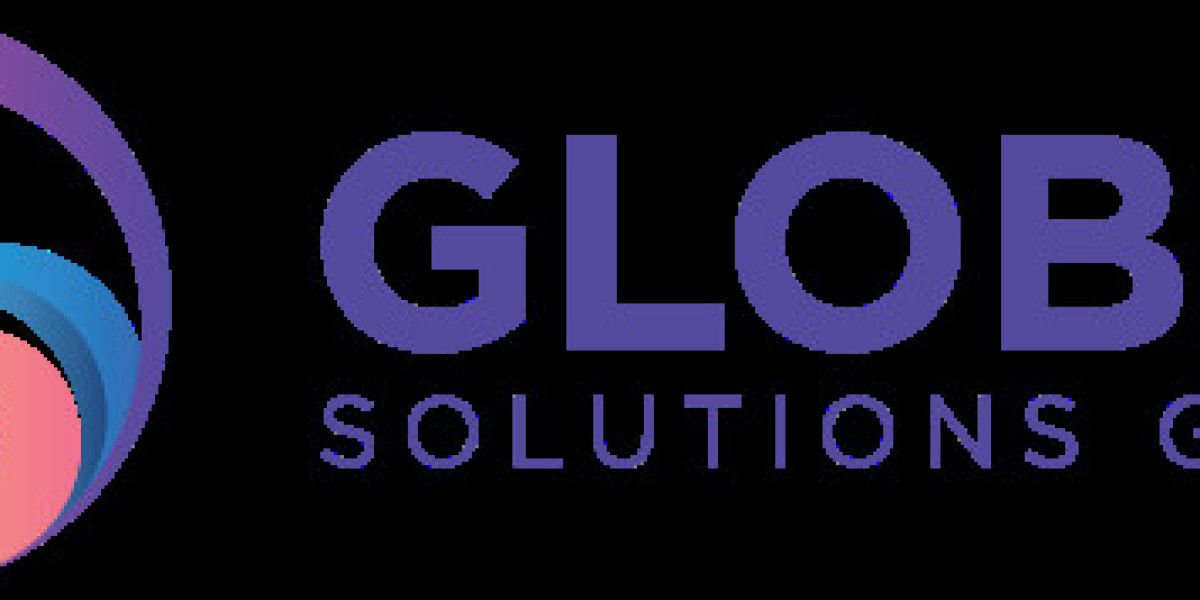In today’s fast-paced, tech-driven world, digital marketing has become more than just a business tool — it’s the backbone of growth for companies across industries. Whether you’re a small startup, a mid-sized enterprise, or an established brand, your online presence is no longer optional; it’s essential.
But what exactly is digital marketing, and how can it transform your business? Let’s dive deep into this powerful domain and explore its benefits, strategies, and future trends.
What is Digital Marketing?
Digital marketing is the use of online channels, platforms, and tools to promote products or services. Unlike traditional marketing — which relies on TV ads, newspapers, and billboards — digital marketing connects brands directly with potential customers in a measurable and targeted way.
It includes a wide range of techniques such as:
- Search Engine Optimization (SEO) – Improving website ranking on Google and other search engines.
- Social Media Marketing (SMM) – Leveraging platforms like Facebook, Instagram, LinkedIn, and X (Twitter) to engage with audiences.
- Pay-Per-Click (PPC) Advertising – Running targeted ads where you pay only when someone clicks.
- Content Marketing – Creating valuable blogs, videos, and infographics to attract customers.
- Email Marketing – Sending personalized messages directly to prospects.
Why is Digital Marketing Important?
- Global Reach at Lower Costs
Traditional advertising has geographical and budget limitations. Digital marketing allows even small businesses to reach global audiences at a fraction of the cost. - Highly Targeted Audience
You can target people based on their age, location, interests, behavior, and even the device they use. This ensures that your efforts are focused on those most likely to convert. - Real-Time Results & Analytics
Unlike print ads, digital campaigns offer instant performance data. You can see how many people clicked, engaged, or bought — and tweak strategies accordingly. - Build Stronger Relationships
With tools like social media, brands can directly interact with their customers, answer queries, and create loyalty.
Core Strategies in Digital Marketing
- Search Engine Optimization (SEO)
SEO is the backbone of digital marketing. It ensures your website appears at the top of search engine results when people search for relevant keywords.
- On-page SEO: Optimizing website content, headings, and meta descriptions.
- Off-page SEO: Building backlinks and authority.
- Technical SEO: Improving website speed, mobile responsiveness, and crawlability.
- Social Media Marketing (SMM)
Social media platforms have billions of active users. Brands use them to create awareness, run ads, and engage with audiences.
- Instagram & Facebook: Great for visual content and consumer products.
- LinkedIn: Ideal for B2B marketing and professional services.
- YouTube: Perfect for video tutorials, product demos, and storytelling.
- Pay-Per-Click Advertising (PPC)
Platforms like Google Ads and Meta Ads allow you to pay only when someone interacts with your ad. With precise targeting and budget control, PPC offers quick visibility.
- Content Marketing
Content is king — but quality content is the kingdom. Blogs, articles, case studies, videos, and podcasts help brands position themselves as industry experts.
- Email Marketing
Despite being one of the oldest forms of digital marketing, email remains one of the most ROI-driven channels. Personalized campaigns can nurture leads and drive repeat purchases.
Benefits of Digital Marketing
- Measurable ROI: Track every click, view, and conversion.
- Cost-Effective: Lower costs compared to print, TV, or radio ads.
- 24/7 Availability: Your campaigns run around the clock.
- Better Engagement: Interactive ads and social media posts keep customers involved.
- Improved Brand Authority: Consistent, valuable content builds trust.
Trends Shaping the Future of Digital Marketing
- AI-Powered Marketing – Tools like ChatGPT help create personalized content and automate campaigns.
- Voice Search Optimization – With smart speakers rising, optimizing for voice queries is key.
- Short-Form Video Content – TikTok, Instagram Reels, and YouTube Shorts are dominating.
- AR & VR Experiences – Immersive marketing through augmented and virtual reality.
- Data Privacy & Transparency – Ethical marketing with respect for consumer privacy.
How to Get Started with Digital Marketing
- Identify Your Goals – Do you want more sales, leads, or brand awareness?
- Know Your Audience – Understand their needs, habits, and preferences.
- Choose the Right Platforms – Focus on where your audience spends the most time.
- Create High-Quality Content – Blogs, videos, and graphics that provide value.
- Track and Optimize – Use tools like Google Analytics to measure and improve.



